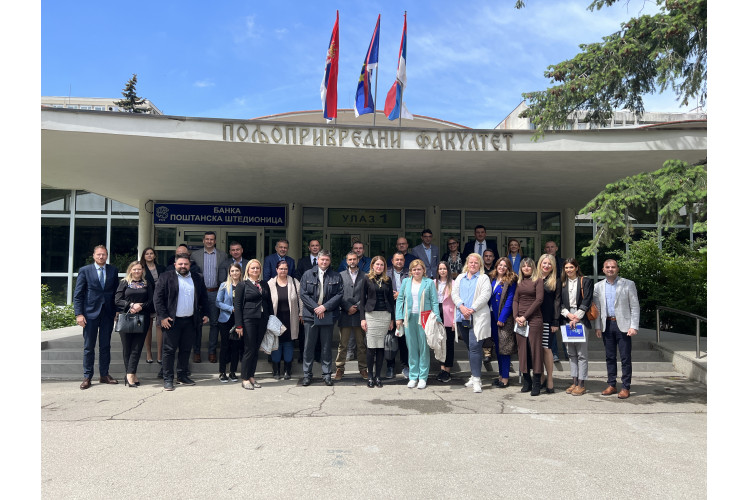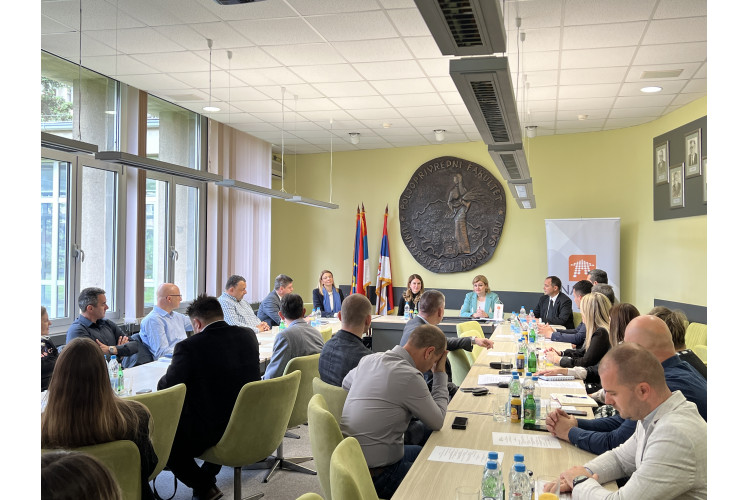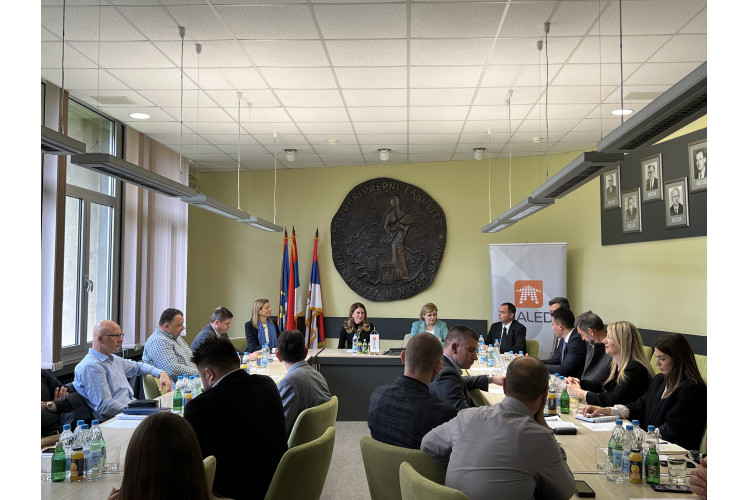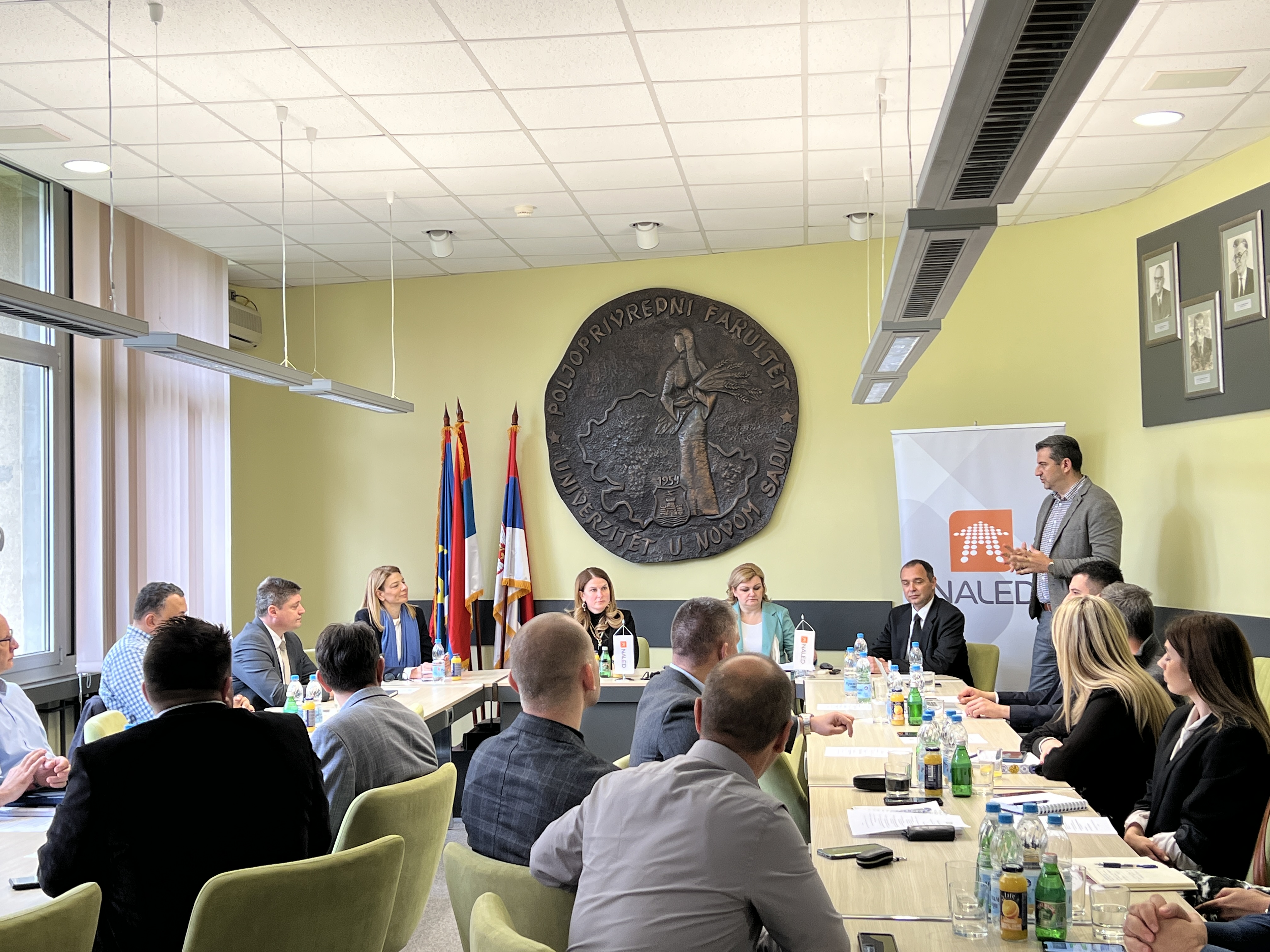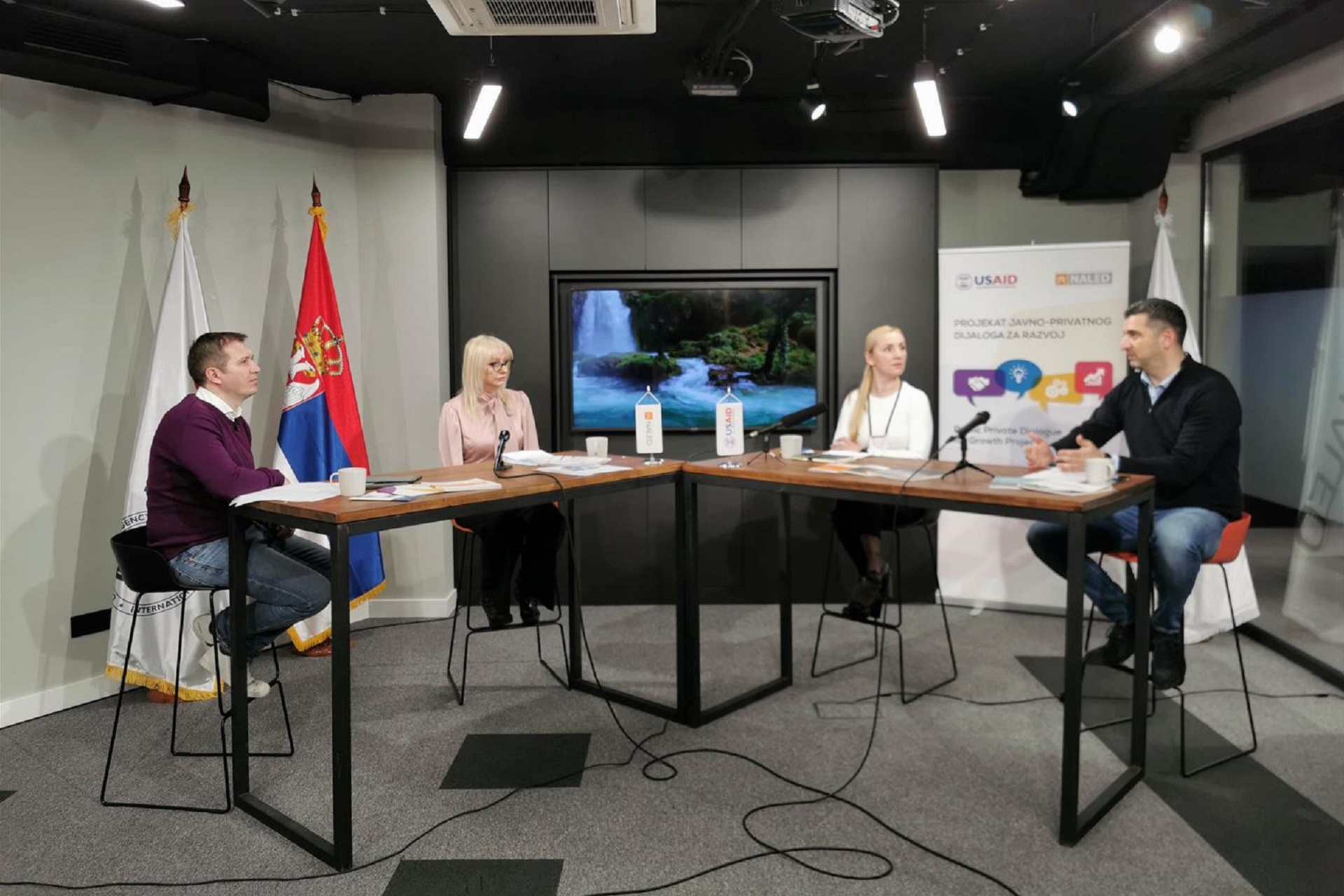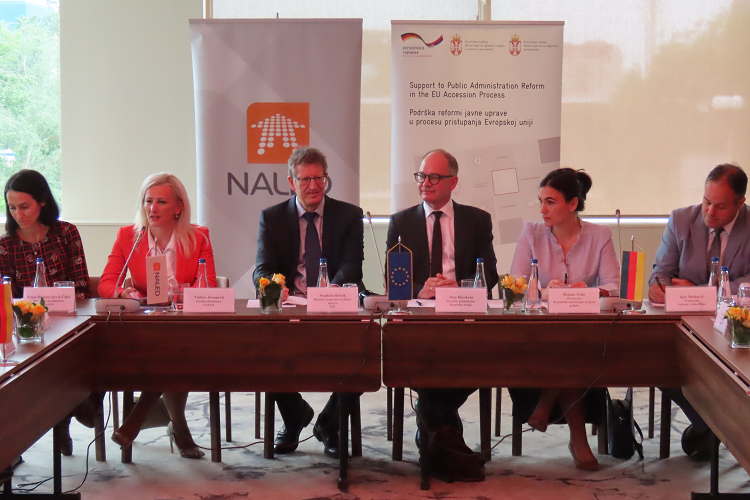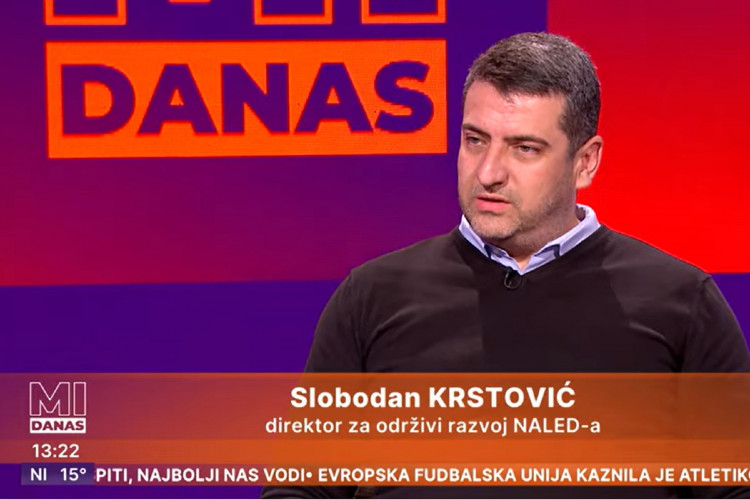Up to 4 million for wastewater treatment for local governments
When the new IPARD program is adopted, local governments could apply for grants of up to four million euros to build wastewater treatment plants. NALED would help them prepare for participation in tenders and the implementation of public procurements, and it is up to the Ministry of Agriculture, Forestry and Water Management to accredit this measure as soon as possible and start public calls and applications for funds from IPARD, which largely remained unused in the previous period.
At the meeting of NALED's Food and Agriculture Alliance, which was held at the Faculty of Agriculture in Novi Sad, it was said that less than 8% of municipal wastewater is treated in Serbia, and that by 2040, all local governments are required to build their own facilities, which requires serious investments. The new IPARD program will therefore be a great chance for cities and municipalities to get funds both for wastewater treatment and for the construction of roads, water supply systems, biogas plants and thermal energy production that will reduce the level of pollution with the help of renewable energy sources, make production cheaper and improve socioeconomic living conditions.
State Secretary in the Ministry of Agriculture, Forestry and Water Management, Dušanka Golubović, said that by connecting all registers to eAgrar, the Ministry will now be able to better manage the budget, measure the effects of incentives and accordingly change and form rules on how subsidies are awarded.
- Through eAgrar, we are creating a basis for further work. If we implement a measure today, we cannot see the effect tomorrow, but eAgrar will allow us to have an insight into the achieved results, and tol plan future measures. What we lack is competitiveness, because we are still a closed market and that is why the EU integration process is important. Our goal is to strengthen Serbian agriculture and create conditions so that tomorrow our producers can compete on a much larger market - concluded Golubović.
The president of the Food and Agriculture Association and the executive director of the Carnex company Tamara Penjić listed the proposals for the next period and expressed the readiness of NALED to be a partner of the line ministry and the Government of Serbia in the implementation of the mentioned measures.
- Reducing administrative barriers to trade is one of our constant priorities, as well as harmonizing national legislation with European standards, as this represents better and safer conditions for market operations. The abolition of VAT on food donations marked with the label "best before" is also one of the recommendations that came from our Alliance, and many members are interested in how this will unfold in the next period. We heard today that the Agricultural Land Administration created a model of the electronic field book, which is very important and one of the priorities is that the digitization of this procedure comes to life in practice - emphasized Penjić.
On this occasion, representatives of NALED also pointed to the problem that most farmers face when they need to secure funds for pre-financing investments, since state subsidies come later, after implementation. The proposal is to provide more favorable credit lines and programs that would cover these costs, as well as to consolidate information on all types of support, current loans and incentives offered by the state through IPARD and other funds in one place. It is also necessary to provide domestic and foreign investors with information on available capacities, open markets, conditions for obtaining building permits and the legal framework for food production and safety in one place.

